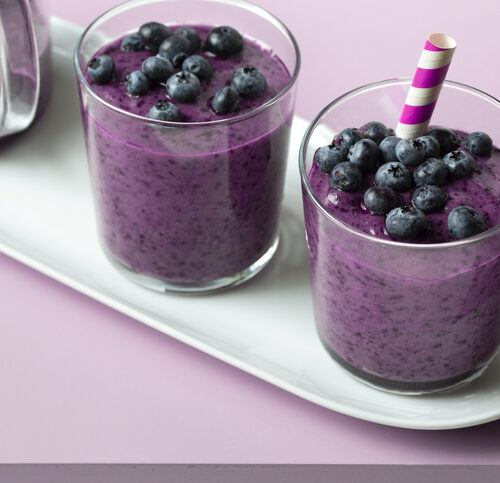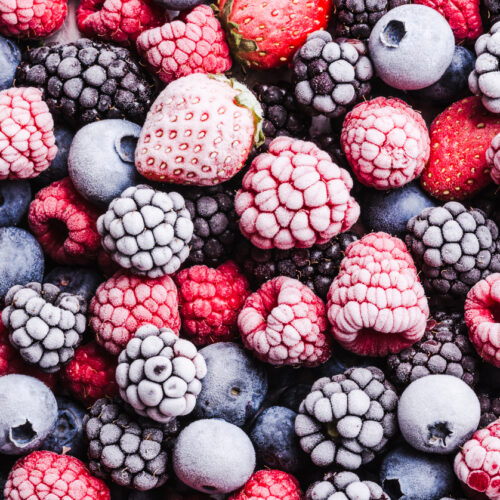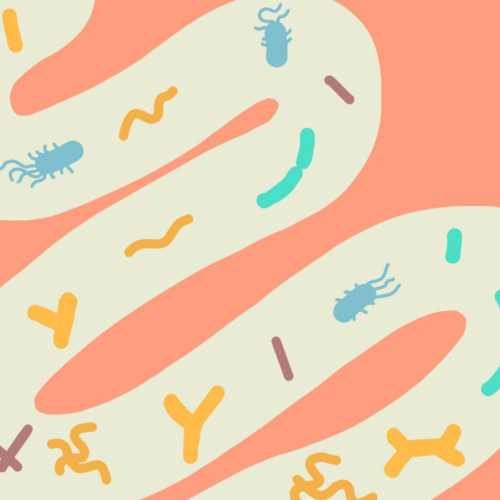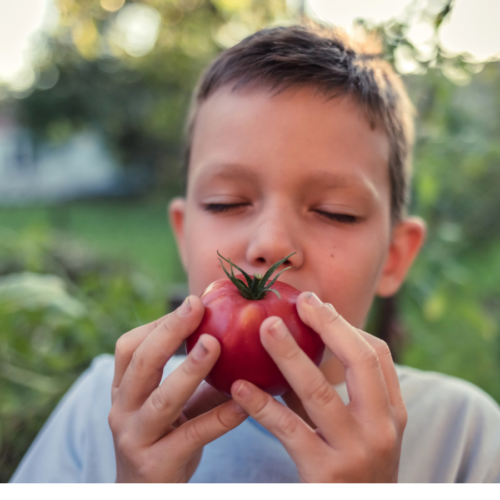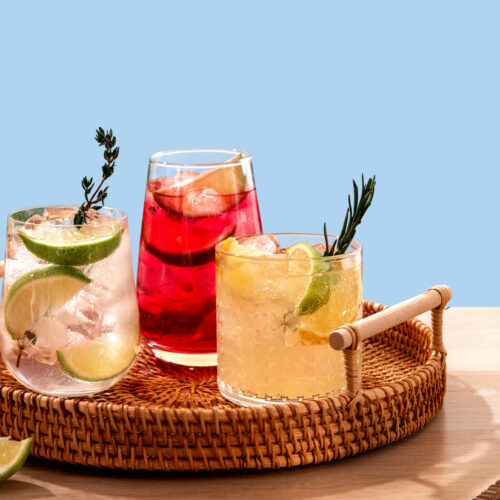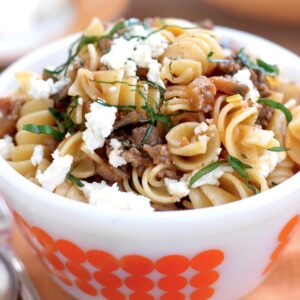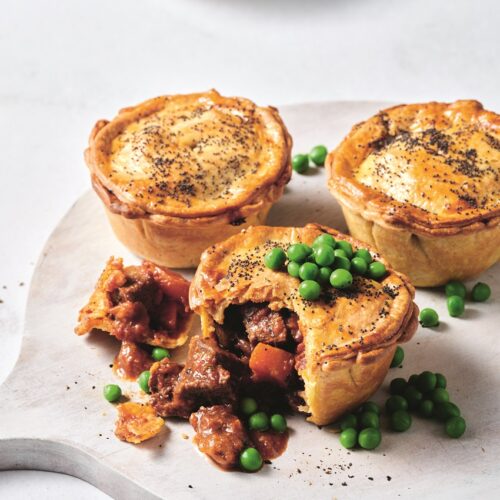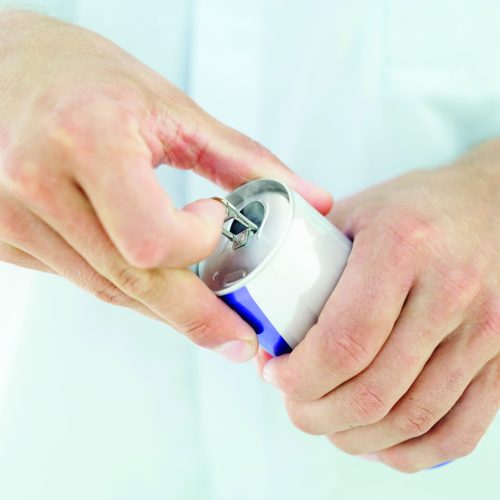
HFG senior nutritionist Rose Carr answers your questions about energy drinks.
Are there any restrictions on the amount of caffeine in energy drinks?
Yes. The addition of caffeine is regulated in the Food Code administered by Food Standards Australia New Zealand (FSANZ). Only cola-type drinks and energy drinks, or formulated caffeine beverages as they are called in the code, are allowed to add caffeine. Cola-type drinks can contain up to 36.25mg per 250ml cup and energy drinks can contain up to 82.5mg per 250ml. That’s about the same amount as in a cup of instant coffee.
How much caffeine is okay?
Caffeine is a well-known stimulant: while too much has adverse effects, a smaller amount of caffeine can make us feel mentally alert and can help physical performance. But the amount of caffeine people can tolerate varies. Temporary adverse effects from caffeine can occur in some people when they consume about 3mg of caffeine per kilogram of body weight a day. That’s just 195mg for a 65kg person. However, most people can tolerate up to 400mg per day.
Energy drinks and energy shots must carry an advisory statement that the product contains caffeine and is not recommended for children, breastfeeding women or people sensitive to caffeine.
The amount of caffeine in:
- Tea: 10-50mg per 250ml cup
- Milk chocolate: 20mg per 100g bar
- Coca-Cola: 49mg per 375ml can
- Instant Coffee (1 teaspoon/cup): 60-80mg per 250ml cup
- Energy drinks (formulated caffeinated beverages): Up to 80mg per 250ml can
- Percolated coffee: 60-120mg per 250ml cup
Is there any danger in drinking too many energy drinks? How much is too much?
If you drink them in moderation, there is nothing wrong with energy drinks. The danger is in high volume use and relates directly to the amount of caffeine consumed. While a cup of coffee is around 250ml, many energy drinks come in larger volumes; simply put it’s easier to drink more. The adverse effects of too much caffeine include anxiety, irritability, increased heart rate and insomnia. We can do the same harm by drinking vast amounts of coffee, but most of us know this. Energy drinks are often marketed to younger people with messages around increased energy and a fun lifestyle; they may not be aware of the dangers of too much caffeine.
Is it okay to combine energy drinks with alcohol?
No, this is something of increasing concern to scientists and emergency medical professionals. The stimulating effect of the caffeine is used to try to overcome the sedating effect of alcohol. This tends to make us feel as if we are more sober but reaction times and decision-making are still impaired by the alcohol.
What are energy shots?
Energy ‘shots’ are high-dose caffeine in just 60ml (some contain 200mg caffeine), so with these drinks it is very easy to consume a lot of caffeine quickly. Energy shots are marketed as dietary supplements so are not covered by the regulations in the Food Code.
www.healthyfood.com


